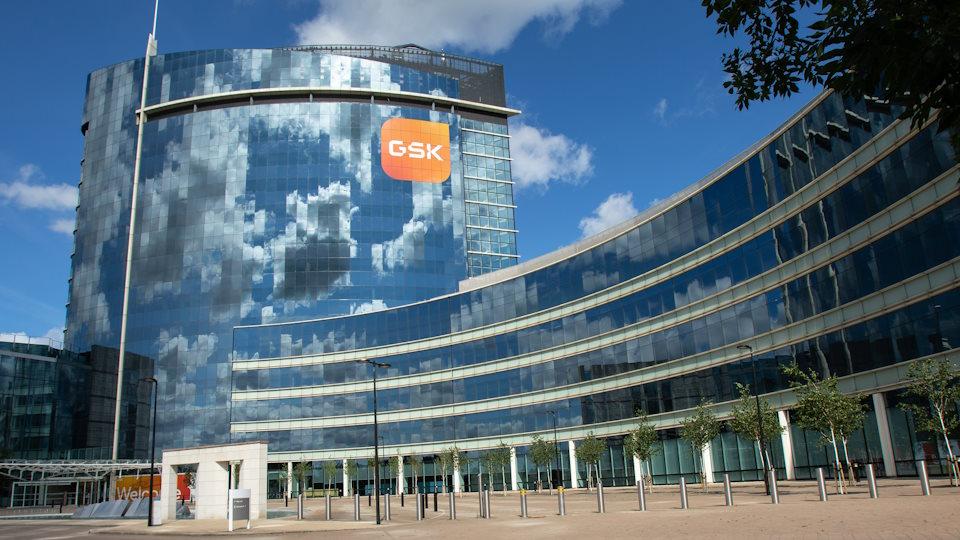GSK backs up its Blenrep rehab bid with survival data

GSK has revealed the data it hopes will allow a return to the US market for Blenrep, which was the first BCMA-targeting drug to launch there, but was withdrawn from sale after it failed a confirmatory trial.
The data from the DREAMM-7 study shows that Blenrep (belantamab mafodotin) was more effective at extending overall survival (OS) than Genmab and Johnson & Johnson’s anti-CD37 therapy Darzalex (daratumumab) – both given on top of Takeda’s Velcade (bortezomib) plus dexamethasone (BorDex) – when used as second-line therapy for blood cancer multiple myeloma.
GSK reported the hard data from the trial at an ASCO congress this week, including a 43% trend towards an improvement in OS – although, the data on that endpoint is not yet mature – and a 59% gain in progression-free survival (PFS) compared to the Darzalex group.
Median PFS was nearly tripled with Blenrep, coming in at 36.6 months versus 13.4 months in the comparator group, with the benefit seen across all patient categories, including those who were refractory to lenalidomide and those with high-risk cytogenetics.
Hesham Abdullah, global head of oncology R&D at GSK, said the results “reinforce our belief in the potential for belantamab mafodotin used in combination to redefine the treatment of multiple myeloma at or after first relapse” and would be shared with regulators worldwide.
Blenrep won accelerated FDA approval in 2020 as a fourth-line or later treatment for multiple myeloma, but was withdrawn from sale following the failure of the DREAMM-3 study in 2020 to show an improvement in PFS or OS when used as a third-line or later treatment. That trial was intended to confirm the accelerated approval and help move the drug into earlier-line use.
Blenrep is still available in some ex-US markets and made modest sales of £36 million ($45 million) last year, a far cry from GSK’s previous hopes of turning the drug into a £3 billion blockbuster. In December, the EMA’s human medicines committee confirmed its intention not to renew its conditional marketing authorisation.
With the new data, GSK has a chance of getting it back on sale in the US, mounting a challenge to $8 billion-a-year blockbuster Darzalex, although the multiple myeloma category has seen a number of new entrants since Blenrep first launched.
Two BCMA-directed CAR-T therapies have been approved – Bristol-Myers Squibb's Abecma (idecabtagene vicleucel) and Johnson & Johnson’s Carvykti (ciltacabtagene autoleucel) – although, these are approved for fifth line or later use in multiple myeloma.
A greater threat to GSK’s aspirations for Blenrep could come from BCMAxCD3 bispecifics – J&J’s Tecvayli (teclistamab) and Pfizer’s Elrexfio (elranatamab) – which avoid the lengthy and cumbersome manufacturing and treatment process needed for CAR-Ts.
These are also currently FDA-approved for later-line use, but Tecvayli is being tested alongside Darzalex as a second-line or later therapy in the MajesTEC-3 trial and Elrexfio is in the MagnetisMM-5 trial as a third-line therapy and MagnetisMM-7 study as maintenance treatment in post-transplant, newly diagnosed multiple myeloma patients.
Regeneron, meanwhile, is also not far from filing for approval of its linvoseltamab bispecific in heavily pretreated patients and is running the LINKER-MM3 study in patients who have received between one and four prior therapies, as well as the phase 1/2 trial LINKER-MM4 in previously untreated patients.
GSK is also running another phase 3 trial called DREAMM-8 – evaluating Blenrep in combination with Bristol-Myers Squibb’s Pomalyst (pomalidomide) and dexamethasone versus Velcade plus Pomalyst and dexamethasone – which is also enrolling patients who have received one or more prior treatments. Results from that are due in the second half of this year.
The company said in its fourth-quarter results update that it is not currently including a potential sales contribution from Blenrep in its sales forecasting.













